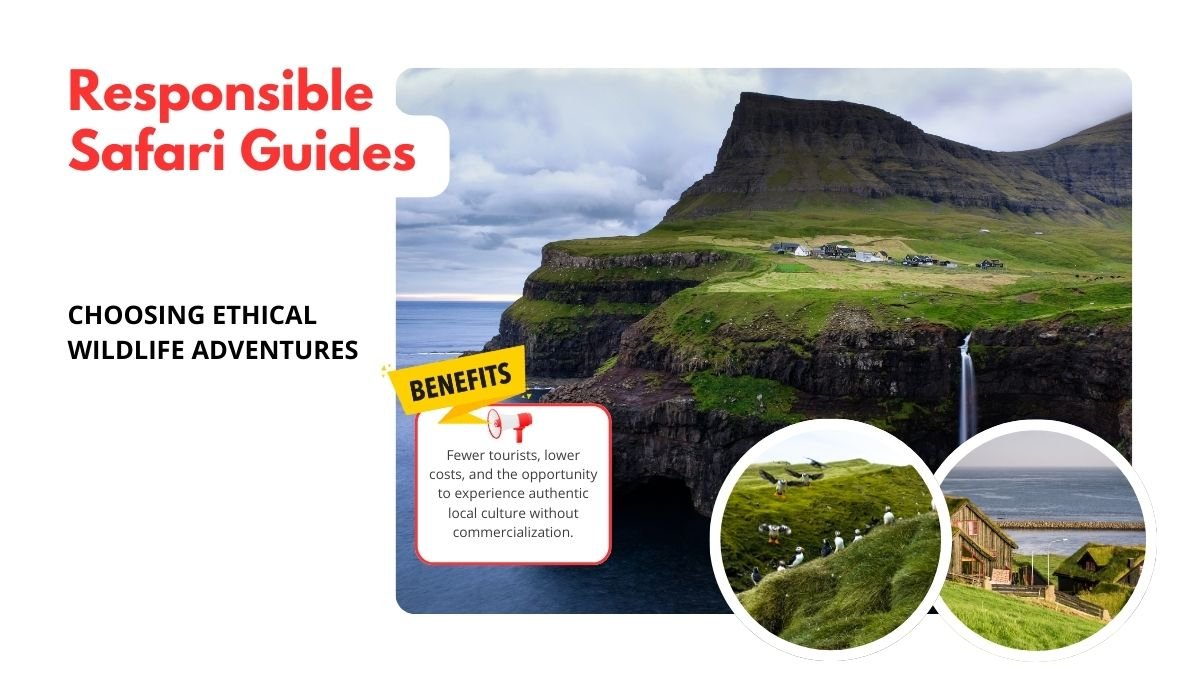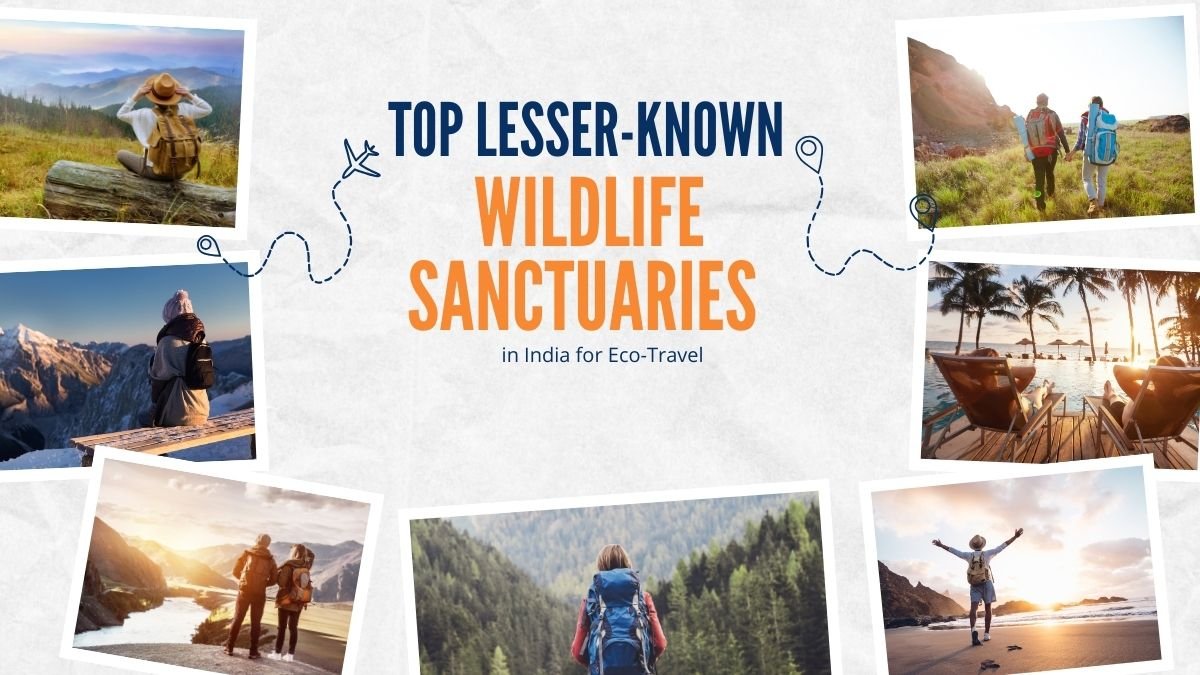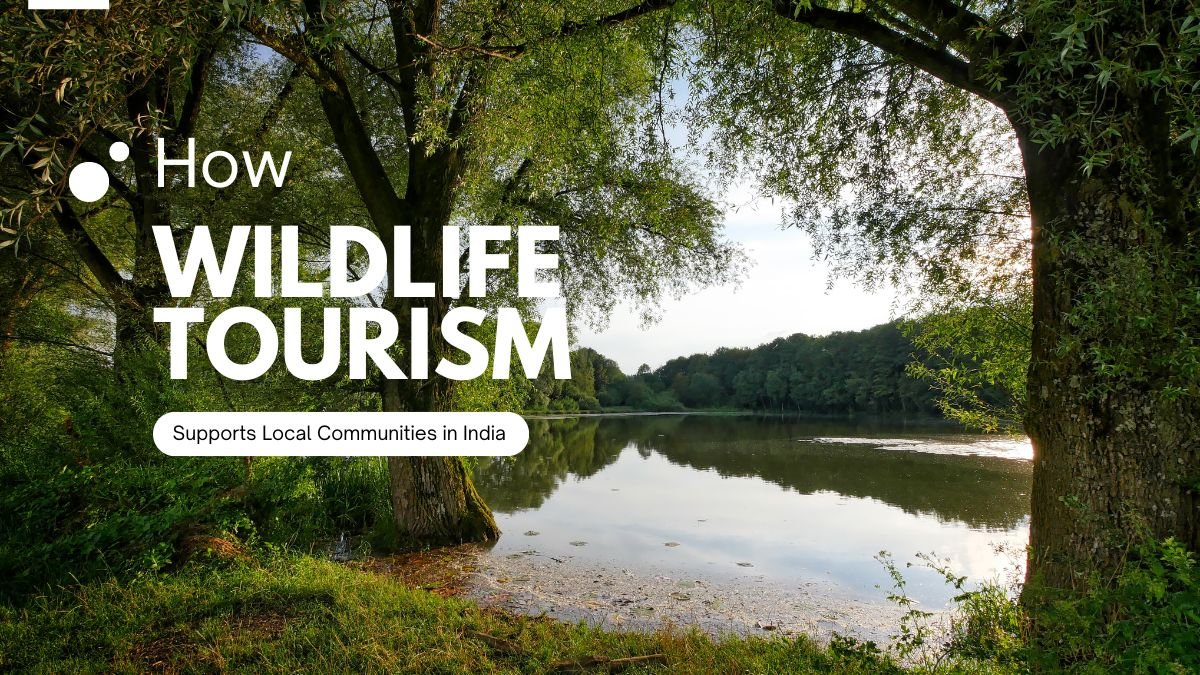How to Choose a Responsible Safari Guide – The Key to an Ethical and Safe Wildlife Experience
Everyone has that little dream of taking a jungle safari – walking through the wilderness with nothing in the jeep but noises from the chirping birds. Suddenly, it seems, a tiger, an elephant, or a deer appears in front of you raising your heartbeat. Thrilling but very much sensitive. After all, this is our adventure while also life for animals and nature.
But have you ever thought how much would your guide matter on jungle safaris? Ensures your safety, gives correct information and, most importantly, makes sure your safari never happens at the expense of animals or nature as a whole.
This is why choosing a responsible and ethical safari guide is so important. Picking the wrong operator or guide can result in negative ramifications for the animals and the entire ecosystem.
So let us understand what to keep in mind while we look for a responsible safari guide, and why it becomes our responsibility.
Identifying the Appropriate Operator
1. Their history and involvement in conservation
First and foremost, check if the operator or company is actually an operator involved in conservation.
- Do they give donations to local forest conservation projects?
- Are they doing something regarding fighting poaching?
- Are they working with any NGO or forest department?
For example, there are companies working around some national parks that donate a percentage of their profits every year to help with forest protection and wildlife conservation schemes. Such operators are certainly best to operate with.
2. Certifications and accreditation
Not every safari company has equal standing. Check if an operator has been certified by a reputable organization.
“Travelife”, “Responsible Tourism”, etc. are some that support ethical and sustainable tourism.
A certificate from such an organization proves that the company adheres to standards of animal welfare and environmental protection.
3. Feedback and experiences
In this day and age, nothing is not available via the web. Before selecting an operator, read on the opinion on such sites as “Responsible Travel” and “TripAdvisor”. There one typically finds the real experiences of travelers.
If you see that many travelers wrote that the guide kept distance from the animal, maintained the environment, and respected the local people, then consider that you are well placed.
Responsibility Toward Animals
1. Distance Maintenance
A responsible guide always makes sure that the distance between the vehicle and the animals is maintained safely.
Just imagine if the jeep goes too close to a tiger or an elephant; the animal may just get scared or irritated.
Such behavior might modify their nature and, in some occasions, they might even attack.
Thus, in essence, distance maintenance ensures safety of both animals and us.
2. Not to Exploit
In many tourist places, it would be adventure for tourists to touch animals, feed them, or ride on them; in actuality, they are inflicting exploitation upon them.
An elephant safari is one thing that causes extreme damage to them.
Feeding wild animals disturbs their natural behavior.
Such activities should always be avoided by a responsible guide.
3. Respecting Natural Behavior
Animals own the forest. They live as they will choose. If they get disturbed by human beings, they can either run away or choose to retaliate.
A guide should ensure that the tourists only “observe” in silence while allowing these animals to be on their own.
Further Support to Local Communities and Sustainable Development
1. Employing local people
Good practice in our line of business is for an operator to hire local guides and workers.
This benefits the people in the village.
They can receive proper remuneration and their quality of life improves.
For instance, there are many homestays around Nagarhole Park in Karnataka, where all the staff are from the local community.
2. Promotion of Local Culture
Responsible operators tend to connect travelers with the culture of the village too.
- Such as encouraging the purchase of local handicrafts.
- Or showing the dance and singing traditions of the village.
This offers tourists new experiences and provides villagers with opportunities to earn from their culture.
3. Practice environmentally-friendly procedures
A few companies have made eco-friendly procedures into their business mantra for the sustainability of their tours.
- Solar-powered equipment,
- Recycling to minimize waste,
- Refillable water bottles as opposed to plastic bottles.
All these would minimize tourism impacts on nature.
Traveler’s Responsibility
Bringing in the Guides, we, the travelers also have a few of our own responsibilities.
1. Observe quietly
Be quiet and lowkey on a safari. Too loud can disturb the animals, making them run away.
2. Report misconduct
If you notice such misbehavior of a guide or tourist indulging in any kind of harassment concerning animals, be sure to inform the authorities in the park or any other organization connected at once.
3. Stick to the trails
Always drive or walk on designated trails. The jungle roaming destroys the habitat of small creatures and adversely affects the ecosystem.
In Conclusion – The right choice can change the experience.
Coming out on a jungle safari is not just entertainment; it is also responsibility. Having the right guides and operators will put us, able to spend our money for our benefit. Creates a careful guide for a wonderful and safe experience while protecting animals, forests and the local community.
A responsible guide takes it to the right distance from the animals.
He will assist you in understanding the animals’ natural behavior.
He will see that the tourism brings about the least damage to the environment.
And above all – he will provide jobs and respect to local people.
So next time you plan your jungle safari, keep these things in mind. Remember, this place is not a leisure zone for us but the home of thousands of species. The way we carry ourselves here will make or break whether even the future generations will ever see them or not.















